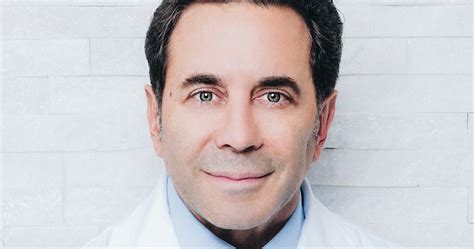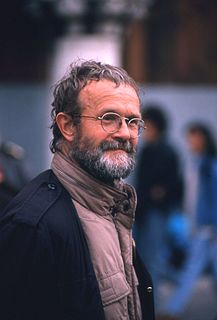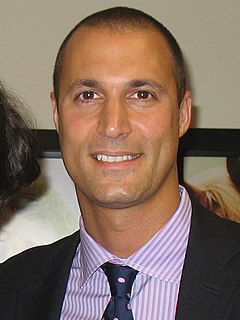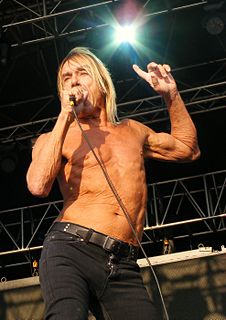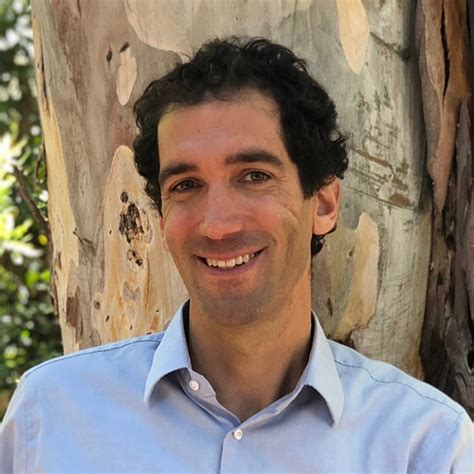A Quote by Paul Nassif
Everyone is filtering their selfies to make them look perfect. We're seeing it more and more in my clinic - patients want to look like a photo they've tweaked. They show me the picture and say: 'This is the new me.' But many times it's not realistic.
Related Quotes
Everyone is taking selfies. Everyone's actually getting that - looking at themselves and they filter. Now if they do a little filtering, it's OK because they want to look like a better version of themself. Overdoing it though can be a little bit more of that dysmorphic issue where it's not a good thing.
I don't feel that I'm a role model. I'm just me. If people want to look up to me then that's their business. I'm not perfect and I don't consider myself to be a role model. But to be honest, I'd much rather my kids look up to me than look up to some rock star who gets off jail more times than is even funny.
My generation, we're more accepting of narcissism. But we're looking at images that are dead, that are on your phone. My friends have apps to make you look skinny, to make your skin look perfect. And we look at these images and we're like, "That's beauty. That's perfect." But when you see a real person, you're like, "Wait, that's not perfect."
But being able to talk to so many patients from so many walks of life gives a tremendous window into people's lives. This is not to say I want to write about individual patients, but I think that after listening to the concerns of people who are so different from me, I can more realistically portray characters who are so different from me.
I still have a picture: three cars, big house, I'm standing there like I'm 50 Cent. I look at it sometimes and say, 'Look how stupid you were.' But that made me who I am, and I can look back and see it. I've learned. I grew up. I woke up one morning, looked in the mirror, and thought, 'No, that's not me. I don't want to be that. I'm a footballer.'
Frankly, I get much more sensitive about what's written about me than how I look in a photo. I'm so used to people seeing my image in plays and films that what they think about how I look is none of my business. If they says, "Hey, he doesn't look good," I'm like, Whatever, because I know I look different from day to day. But if you're up there putting your heart into something and people reject your performance, that's very painful. The written word can kick your ass.
